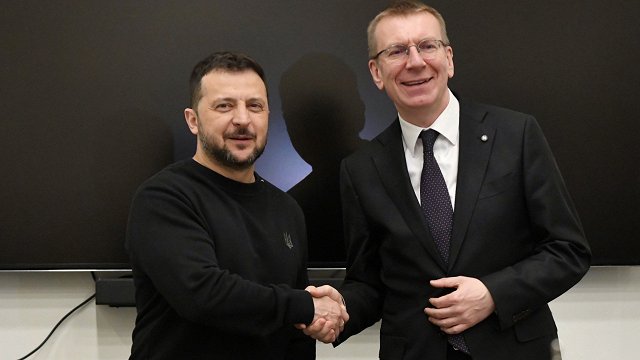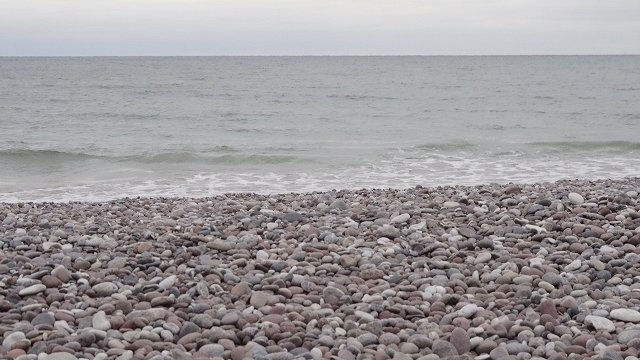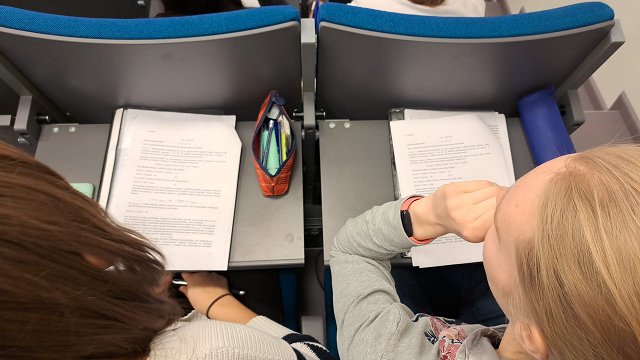Kicking off the ceremony, Prime Minister Laimdota Straujuma was the first - but not the last - to contrast Latvia's struggle to rid itself of occupying forces with the current situation in eastern Ukraine.
"We stand together with the people of Ukraine," Straujuma told an audience interspersed with figures from the independence movement.
"[Today] NATO gives us a security guarantee... I'm not sure how secure we could feel without it," the Prime Minister said.
Former President Guntis Ulmanis, who was in power during the transition period reminded the audience how long the process took and the complex set of players involved from Bill Clinton to Francois Mitterand and Boris Yeltsin.
Ulmanis said he hoped the different sides in Ukraine would "engage in dialogue" but reminded the audience that despite Vladimir Putin's revisionist tendencies, "today's Russia is not the same as Russia back then... they are two different worlds.
On August 31, 1994 Russian Federation officials reported that their final remaining forces - specifically military aircraft - had left Latvian territory.
However, the better-known date associated with the disappearance of Russian military power occurred later on May 4, 1995 when the giant Skrunda radar station was blown up in a symbolic statement.
MEP Sandra Kalniete told LSM that Latvia's future security relied upon it hosting a reinforced NATO presence.
"Twenty years ago there were people who were not very happy with the agreement we signed with Russia. But looking back from today when we see the invasion of Ukraine, that was the best we were able to achieve.
"Putin's imperial ambition is not so much to restore the Soviet Union as to restore the Russian Empire. Latvia, Estonia, Lithuania, parts of Poland and Bessarabia were part of that empire. When I think of the lack of European unity in the attitude towards what's going on in Ukraine it reminds me a lot of 1939 and the policy of appeasement.
"Countries like Finland, Austria and Hungary are signing deals with Putin and opposing sanctions. My question to the leaders of these countries is: do you not feel threatened by this huge, aggressive military power on the margins of Europe?"
























